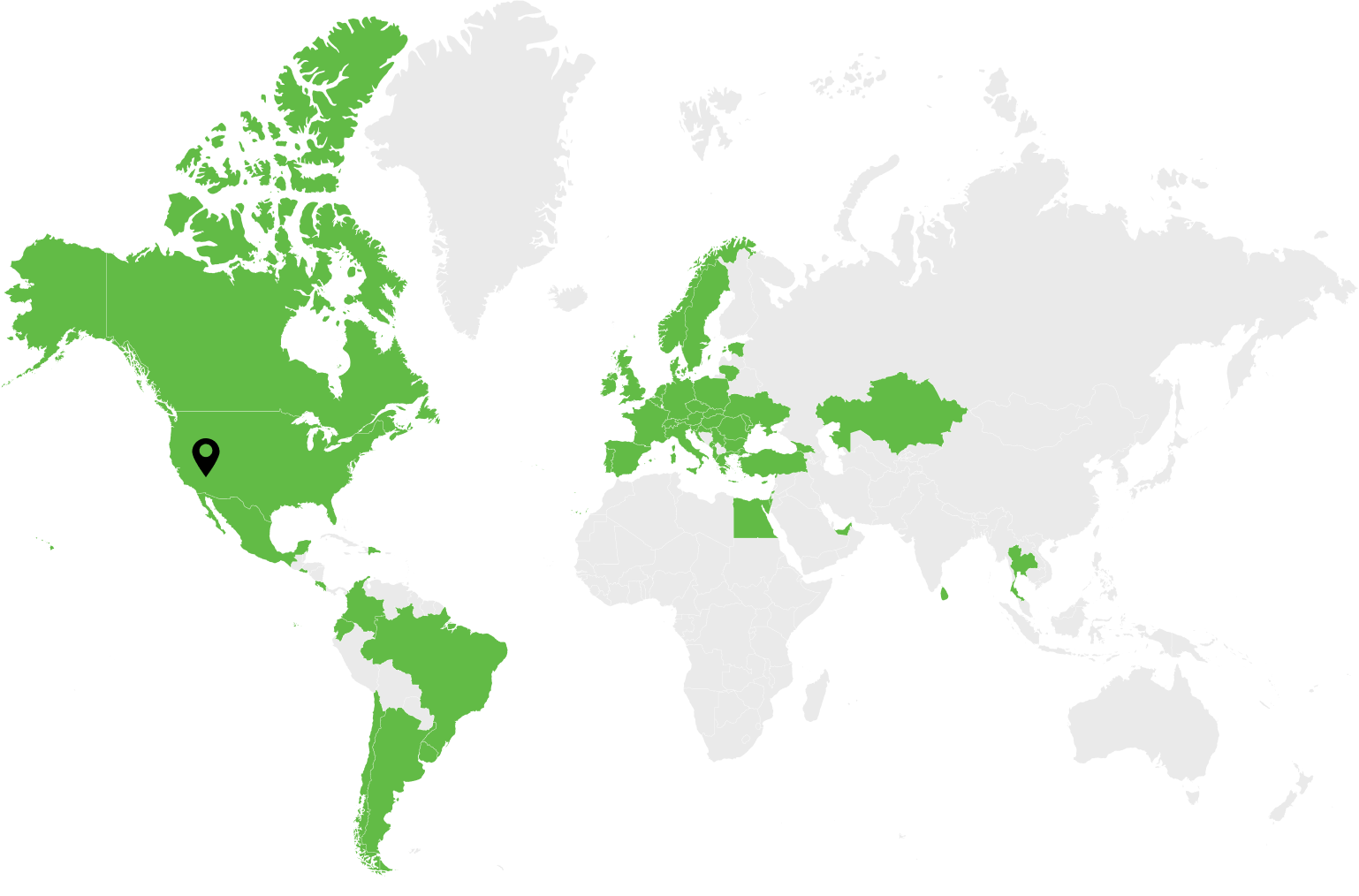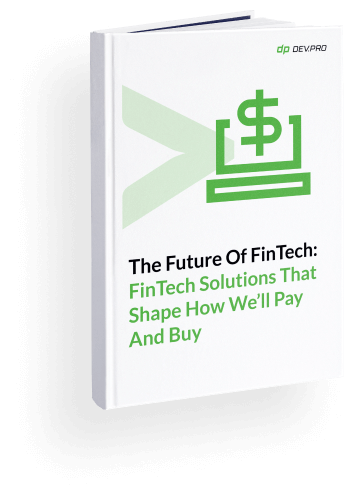The average cost of a data breach was nearly $5 million in 2024, representing a 10% increase from 2023.
As security and compliance threats increase, organizations across industries are taking a closer look at decentralized trust models. To take it a step further, blockchain helps organizations enhance data privacy while offloading much of the risk that comes with direct data management.
At its core, blockchain represents a fundamental shift in security by embedding verification into the system itself, rather than relying on a perimeter. In this blog, Dev.Pro explores how blockchain can be used to improve trust, data integrity, and compliance in key industries.
Why Blockchain Matters for Modern Software Security
Unlike classic cybersecurity, which stores sensitive data in a single, trusted location, blockchain distributes data across multiple places, called nodes. Every time information like a transaction is added, it’s verified by each node and only approved if they agree it’s valid.
The process is protected by advanced cryptography, making it virtually impossible to alter or forge data. Since control is distributed across the network of nodes, attackers can’t compromise the system by targeting a single server or authority.
Blockchain also ensures that every action leaves a clear, traceable record — offering a powerful tool for compliance.
Healthcare & Blockchain
The healthcare industry stands to benefit immensely from the embedded verification inherent in blockchain. As the HIPAA Journal explains, the year “2023 smashed all previous records with an astonishing 168 million records exposed” in data breaches.
Here are some ways blockchain can pay dividends:
- Trust: Blockchain gives medical patients better control over their health data. To illustrate, a patient receiving treatment at multiple facilities might use a blockchain-based health app to approve which doctors can access their records.
- Data Integrity: By distributing them across nodes, blockchain offers tamper-proof records for medical patients. For example, blockchain-based electronic health record (EHR) systems ensure that doctors records are permanently recorded and unalterable.
- Compliance: Did you know that just 30% of medical professionals today are confident they can meet changing compliance standards? Luckily, blockchain creates immutable audit trails for adherence to regulations like HIPAA.
Applying Blockchain in Fintech
As fintech evolves amid growing security risks, wavering consumer trust, and strict regulations, blockchain offers a range of powerful solutions.
These are some key applications in fintech:
- Trust: Recent studies show that “the rate of identity fraud cases in the fintech sector rose 73% between 2021 and 2023.” Blockchain provides transparent records that all parties can approve without relying on a central authority to verify their identities.
- Data Integrity: Blockchain records information in an immutable ledger where each entry is cryptographically linked to the one before it. To illustrate, a lending platform can log loan approvals, disbursements, and repayments to ensure neither borrowers nor lenders can alter the terms or payment history.
- Compliance: The hard truth is, almost 95% of fintechs have a difficult time meeting compliance standards in a quickly changing environment. Blockchain provides an auditable, time-stamped record of activities relevant to anti-money laundering (AML) and Know Your Customer (KYC) regulations.
Blockchain & Retail
The retail space also has its fair share of challenges with cybercriminals, consumer trust, and compliance. As a Mastercard study tells us, “losses on ecommerce online payment fraud hit $41 million” in the year 2021 alone.
Here are a few ways blockchain can help:
- Trust: Blockchain allows customers to verify product origins through transparent tracking. These advancements can’t come soon enough, as e-commerce sites currently face “an estimated 28% loss in sales due to shopper uncertainty about the legitimacy of online retailers.”
- Data Integrity: Blockchain securely logs inventory updates across multiple vendors to increase efficiency. As an illustration, a retailer would use blockchain to ensure that inventory updates from suppliers, warehouses, and in-store systems are recorded in a tamper-proof ledger to prevent mismatches.
- Compliance: Blockchain automatically enforces sourcing and labeling standards through smart contracts. For example, a global retailer can use blockchain to automatically verify that imported goods meet country-specific labeling and safety regulations before they’re stocked.
Conclusion
No matter your industry, organizations face increasing pressures to operate securely and compliantly in a digital-first world. While regulatory fines and stolen funds might be easy to compute with a solid figure, other problems like loss of consumer trust are harder to quantify in the long term.
Whether it be healthcare, fintech, or retail, the writing is on the wall: decentralized trust models can solve some of our biggest issues. By offloading much of the risk that comes with data management into a blockchain network, organizations better protect customers, as well as themselves.
Ready to Build Secure, Compliant Software?
Dev.Pro specializes in outstaffing and outsourcing solutions for regulated industries. We combine secure-by-design development practices with deep experience in healthcare, fintech, retail, and beyond.
Don’t let knowledge gaps in blockchain hold you back. Dev.Pro creates software that meets the highest standards for security and compliance from day one.Contact us today!

